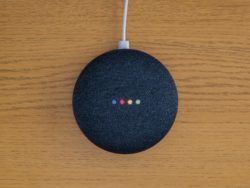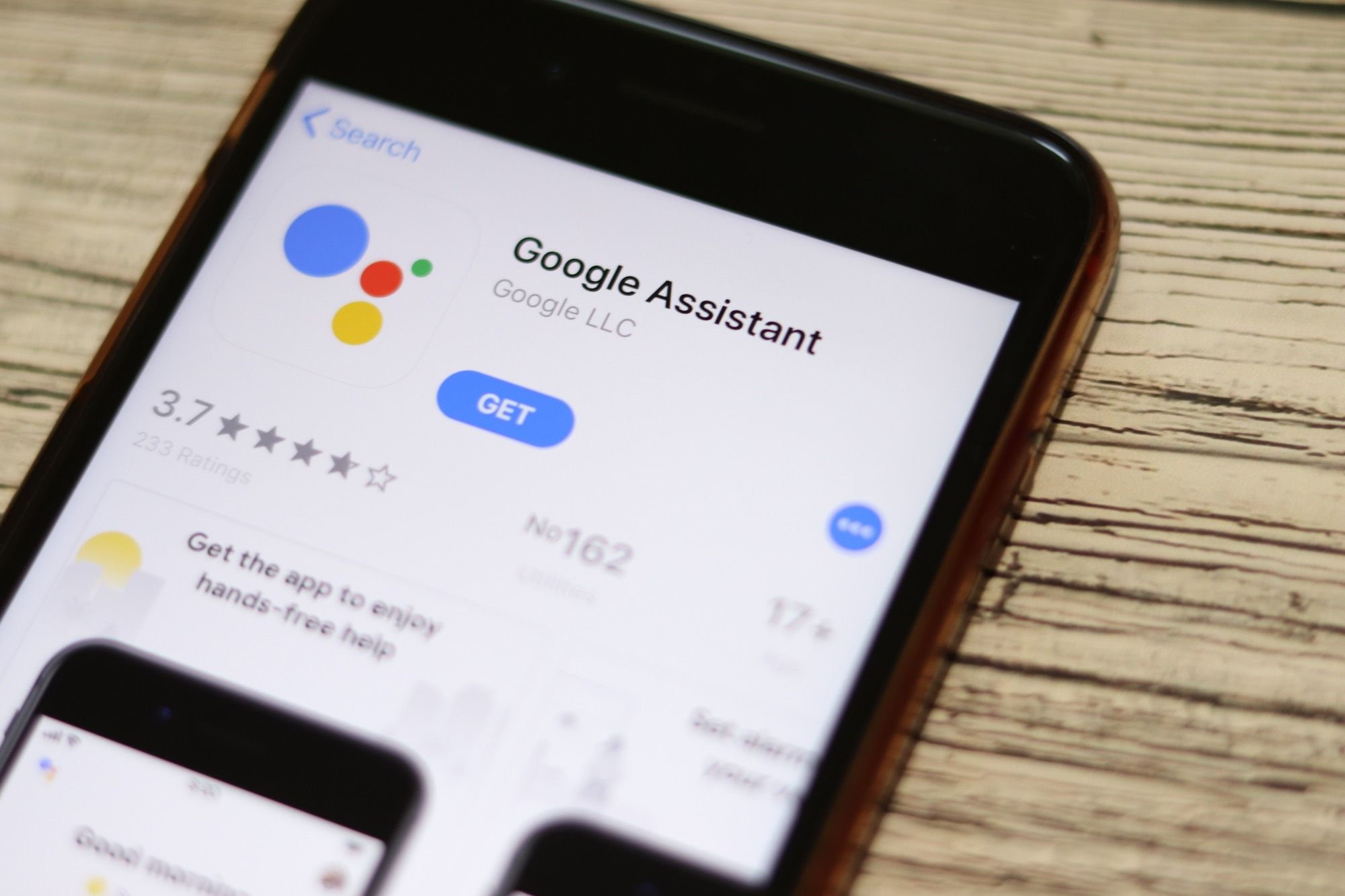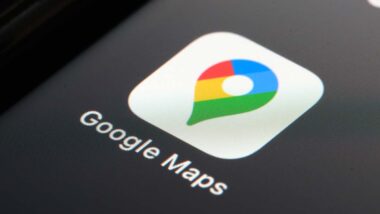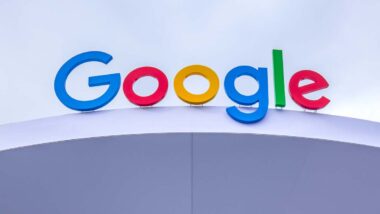Top Class Actions’s website and social media posts use affiliate links. If you make a purchase using such links, we may receive a commission, but it will not result in any additional charges to you. Please review our Affiliate Link Disclosure for more information.
A Google Assistant class action lawsuit recently had most of its claims trimmed by a California judge who determined the plaintiffs gave vague details.
Nine of the 11 counts brought in the Google class action lawsuit were dismissed by U.S. District Judge Beth Labson Freeman in a recent court ruling. Only claims under the Stored Communications Act and California’s Unfair Competition Law were upheld.
Many of the dismissed claims failed to proceed based on a lack of details. Judge Freeman determined that most of the claims were too general, relying for the most part on reports from VRT NWS, a Belgian news outlet, instead of drawing from plaintiff experiences.
In 2019, VRT NWS reportedly discovered 153 recordings made by Google through Google Assistant despite consumers not using activation “hotwords” such as “OK, Google” or “Hey, Google.” The plaintiffs referenced this discovery in their class action, but Judge Freeman ruled that these allegations were not specific enough to pass muster.
“To show that these conversations were subject to a reasonable expectation of privacy, VRT NWS’s description of these conversations as including ‘bedroom conversations, conversations between parents and their children,’ and ‘professional phone calls containing lots of private information,'” the judge wrote in her ruling.
“But plaintiffs do not allege that any of these 153 recordings covered plaintiffs’ communications rather than the communications of unnamed third parties.”
The judge also determined that the plaintiffs failed to sufficiently allege violations under various wiretapping laws. In order to preserve the claims, the plaintiffs reportedly needed to show that they had conversations in the vicinity of their Google Assistant devices, based on the expectation that the conversations would remain private.
However, the plaintiffs reportedly failed to provide the relevant details about these conversations. Judge Freeman noted that the complaint “merely alleges that plaintiffs’ conversations were ‘confidential’ without alleging any facts regarding the participants in the conversations, the locations of the conversations, or examples of content from the conversations.”
Although the majority of the claims were dismissed, some of the plaintiffs’ allegations were allowed to continue. For example, the plaintiffs’ claims of unlawful disclosure were allowed to move forward under the Stored Communications Act.
The judge noted that these claims were sufficient based on allegations that Google disclosed data such as audio and transcripts to third-party subcontractors in order to “improve the functionality” of Google Assistant.
“Construing the allegations in plaintiffs’ favor, the court finds that the ‘subcontractors’ may be third parties, which suffices at the motion to dismiss stage,” Judge Freeman said.

However, Judge Freeman did dismiss claims under the Unfair Competition Law’s unfair and fraudulent prongs.
The plaintiffs have the opportunity to amend all of the dismissed claims and try again.
Plaintiffs Asif Kumandan and Melissa Spurr filed their original Google Assistant class action lawsuit in July 2019, but amended the complaint and added additional plaintiffs in October.
According to the plaintiffs, Google and parent company Alphabet Inc. violated privacy laws and the terms of their own consumer contracts by recording users without their consent.
The recordings allegedly occurred without consumers using the designated key phrases intended to activate Google Homes and other Google Assistant-enabled device.
“By recording plaintiffs and the class members when they didn’t use hot words or otherwise consent, Google ‘intentionally and without the consent of all parties to a confidential communication’ used an ‘electronic amplifying or recording device to […] record the confidential communication’ in violation of California law,” the Google recording class action claimed.
“Had plaintiffs known that their communications would be recorded, they would not have purchased a Google Assistant-enabled device.”
In February, Google filed their dismissal motion in the Google Assistant class action lawsuit.
During a phone hearing held in April, Judge Freeman noted that Google’s dismissal motion wasn’t a “home run” but revealed that she was “very concerned” with the generality of the plaintiffs’ claims.
Do you have a device enabled with Google Assistant software? Let us know in the comment section below.
The consumers are represented by Mark N. Todzo of Lexington Law Group, Andrea Farah and Christian Levis of Lowey Dannenberg PC and Erin Green Comite and John T. Jasnoch of Scott + Scott Attorneys at Law LLP.
The Google Assistant Privacy Class Action Lawsuit is Kumandan, et al. v. Google LLC, Case No. 5:19-cv-04286, in the U.S. District Court for the Northern District of California.
















24 thoughts onJudge Trims Most Claims in Google Assistant Class Action
I use this feature all the time even without using it
Please add
Please add me to the lawsuit I have Google assistant and yes I do t Mobile revvl phone